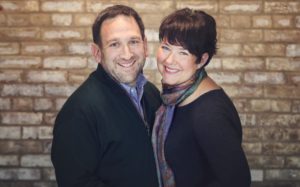We got back from California six weeks ago today.
It’s been a bumpy transition.
The drive home was scary with virtually no masks to be seen in the five states between California and Minnesota. We were greeted at home by a letter from Cassie’s oncologist notifying her that he was moving on from his primary practice. We had to figure out how to shelter-in-place here. We were scared we might have picked up the Coronavirus on the way home so we strictly self-quarantined for 14 days. After that, we had to work through all the decisions that our friends and family had already confronted while we were gone and living in relative isolation in California — who do we see, how do we see them, how to stay safe, how to shop, where to shop, does Cassie go out or only Dan, how do we get house repairs done in a safe manner, on and on. We didn’t always see eye to eye on these things so we had to talk them out again and again. At the same time, Dan’s work (which is supposed to be pretty limited right now) not surprisingly intensified as his clients confronted the ongoing reality of working through a pandemic. Our lives aren’t currently set up for Dan to work a lot so this added even more bumps.
And that was all before George Floyd was murdered. His tragic death isn’t a bump though. It’s an earthquake the magnitude of which none of us yet know. Our hearts broke at the injustice but we are trying to hold onto hope that the resulting tremors will shock and eventually topple the foundations of systemic racism that underpin our country. We’ve been trying to figure out how we can best fit into the “movement moment” that seems to be emerging at a point in our lives when our attention and energies are consumed by Cassie’s cancer. One thing that has occurred to us is that given our current life situation we are in a position to learn and speak about the racial disparities that exist in health care in general and cancer care in particular so we will do that at a minimum.
The murder of George Floyd is the first thing in the last two years that has dramatically shifted our focus from Cassie’s diagnosis. Of course her illness is still there. This week in particular Cassie has felt like she’s been hit by a truck, drained, tired, wiped out — googling “why” she is feeling so exhausted (answer: she has late stage cancer and the medication she is on impacts her differently at different times) and hoping this doesn’t mean that anything has changed medically. At the same time, as we try to ease back into our Minnesota life and put the bumpy transition behind us, our passion for justice remains, our recognition of our own privilege is acute and we are committed to doing what we can given where we are right now. Metastatic Breast Cancer is such a big thing but it’s not the only thing.
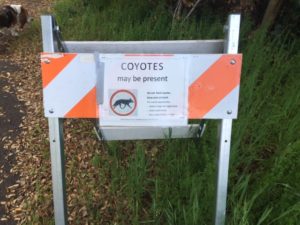
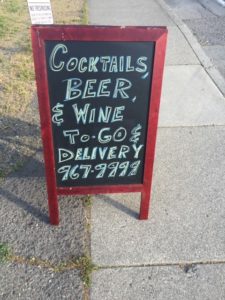
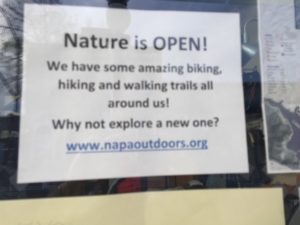
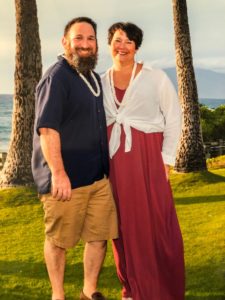 It was a wonderful trip but it also got us thinking about vacationing with cancer. Like everything else, it’s different now. The biggest change is that we used to be able to go on a long vacation and leave life behind. Unplug. Forget about work or our to do lists. Recharge. It’s what made vacations so special and we were good at it. Despite our mutual Type A personalities we had both become excellent vacationers adept at letting go, shutting off our email and leaving life at home.
It was a wonderful trip but it also got us thinking about vacationing with cancer. Like everything else, it’s different now. The biggest change is that we used to be able to go on a long vacation and leave life behind. Unplug. Forget about work or our to do lists. Recharge. It’s what made vacations so special and we were good at it. Despite our mutual Type A personalities we had both become excellent vacationers adept at letting go, shutting off our email and leaving life at home. 